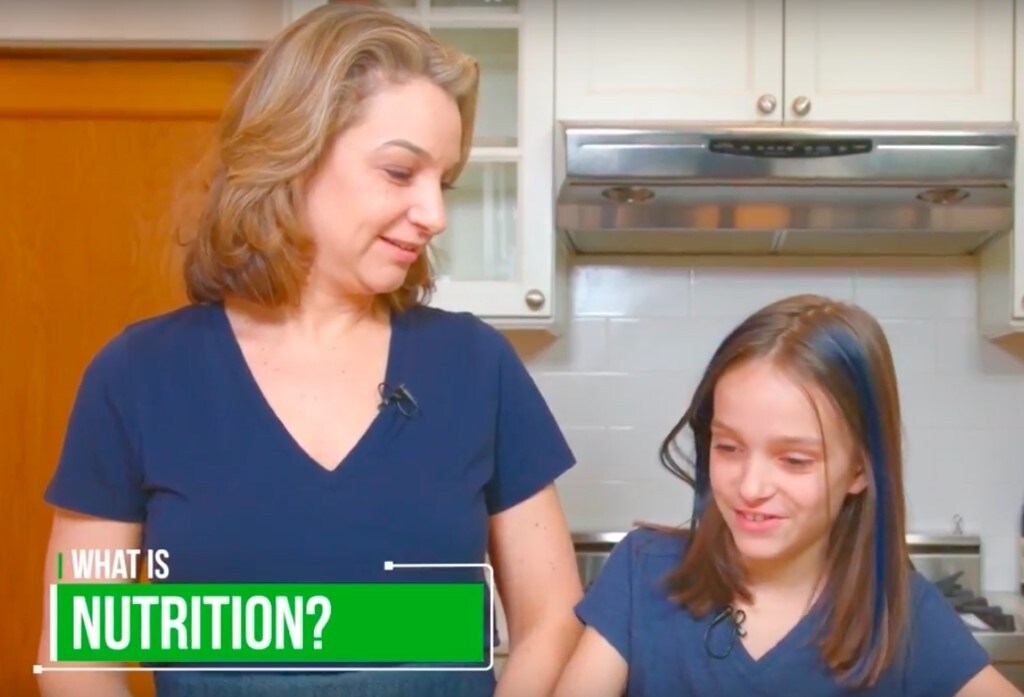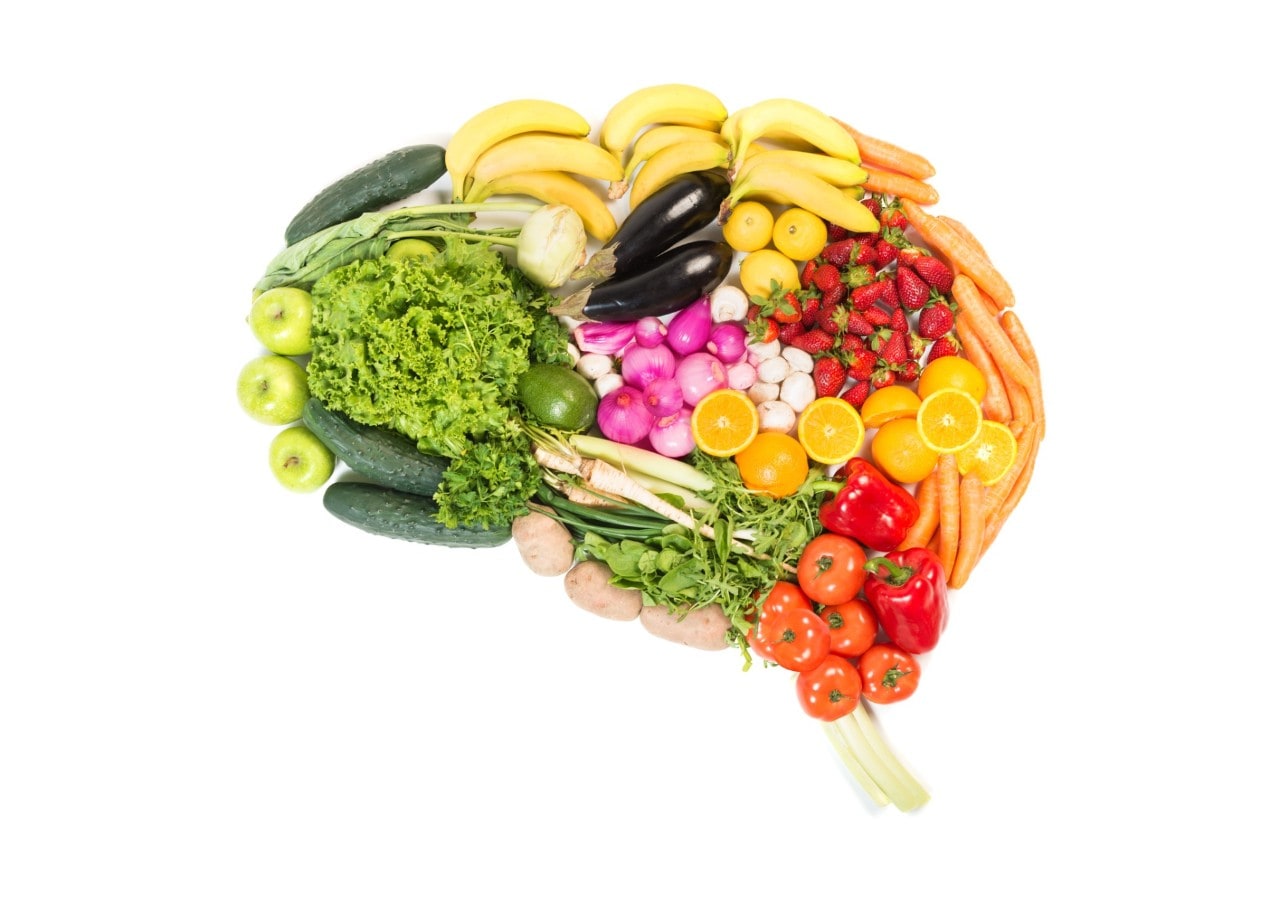An interview with Dr. Niamh O’Kennedy, principal investigator
According to the World Health Organization (WHO), cardiovascular diseases (CVDs) are the number one cause of death globally. More people die annually from CVDs than from any other cause. However, 80 percent of cardiovascular diseases can be prevented by addressing behavioral risk factors, including eating healthy foods and beverages and being physically activity. Individuals with CVD or who are at risk of CVD, due to hypertension or diabetes, need early detection and management.
Those concerned about CVD likely recognize the risk factors – high cholesterol levels and high blood pressure. But there is an important missing piece – blood platelets. Blood platelets need to be protected from stress to maintain healthy blood flow.
A new randomized controlled trial compared Fruitflow – a highly concentrated form of bioactives, which contains anti-platelet compounds – with aspirin in healthy adults.(1) Dr. Niamh O’Kennedy at Provexis collaborated with the team at the University of Aberdeen Rowett Institute of Nutrition and Health to examine platelet reactions to Fruitflow and to aspirin. Their goal was to understand the effects on platelet aggregation that can be achieved by a dietary antiplatelet – Fruitflow.
Dr. Niamh O’Kennedy, principal investigator of the new study, met with the Quality for Life Editors to answer a few questions about the research.
Q.: Dr. O’Kennedy, what was the objective and the key outcome of this study?
A.: The study aimed to understand the relevance of effects on platelet aggregation observed after consumption of Fruitflow in a dose of 65 mg bioactive tomato compounds. We established this by conducting a comparison of Fruitflow and 75 mg of aspirin in healthy adults. In addition, we assessed potential interactions that might occur should Fruitflow and aspirin be combined.
The results in the studied population showed that a single dose of aspirin was about as effective in suppressing platelet aggregation as a single dose of Fruitflow. When a dose of 75 mg of aspirin was consumed daily for at least a week, the variance in efficacy was about three times higher compared to a single dose of Fruitflow. No relevant interactions between aspirin and Fruitflow were measured; the combination of both appears to be safe.
Q.: Do the two treatments differ in any way?
A.: There is one important difference. Aspirin has an irreversible effect on the platelet, so that its effects last for the lifetime of the platelet. When taken for several days, these effects accumulate to take in the entire platelet population. However, we learned from previous studies that the effects of Fruitflow could be overcome if the platelets receive enough stimuli, and do not accumulate with time. The effects of the tomato bioactive compounds are reversible and non-cumulative – unlike those of aspirin.
Q.: In what dosage must Fruitflow be consumed to reach optimum effects?
A.: Fruitflow’s health claim has been authorized by the European Commission and authorized for use at a daily dose of 150 mg containing at least 65 mg of bioactive tomato components, which is associated with a reduction in platelet aggregability, which contributes to healthy blood flow. Our studies show that the mean reduction in platelet aggregability is between 8-23 percent and that after a single dose, the reduction persists for up to 18 hours. If it is taken daily, it becomes continuous. The reaction can be greater in men than in women.
Q.: In terms of primary risk reduction of CVDs and beyond, what can be achieved with Fruitflow?
A.: The cardio-protective properties of Fruitflow are in part due to the antiplatelet effects of tomato fruit bioactives. Reducing platelet reactivity may help to delay the development of cardiovascular disease, which may be beneficial in primary prevention of cardiovascular disease.
Fruitflow’s antithrombotic potential also offers relief for frequent flyers, people flying for long durations, for people who drive a lot, or people who have experienced an injury and require bed rest. All of these individuals are at risk of blood clots.
Q.: Can you compare Fruitflow and aspirin on safety aspects?
A.: To put safety into perspective, normally a platelet plug will form in flowing blood within 50 to 100 seconds after a platelet stimulus is given. If taking Fruitflow daily, this would slow to between 100 and 150 seconds. Daily 75 mg aspirin slows platelet plug formation up to 300 to 600 seconds (5-10 minutes) – or four times the normal range! Therefore, with aspirin the platelets are so strongly affected that the body can continue to bleed freely even ten minutes after a cut. This helps to explain why bleeding events are one of aspirin’s side effects. Fruitflow is not associated with such bleeding problems.
Q.: In this study, Fruitflow was put in a more clinical context. What are your recommendations toward health care professionals?
A.: An antiplatelet drug, such as low-dose aspirin, may reduce blood clotting more effectively than the tomato extract does when taken daily for at least a week. Such levels of efficacy bear risks though, and may be linked to internal bleeding and be unsafe for healthy people. These risks reject antiplatelet drugs for use in primary prevention. The dietary antiplatelet on the contrary is safe and has no side effects, so its benefits can be safely enjoyed.
Download the paper HERE.










